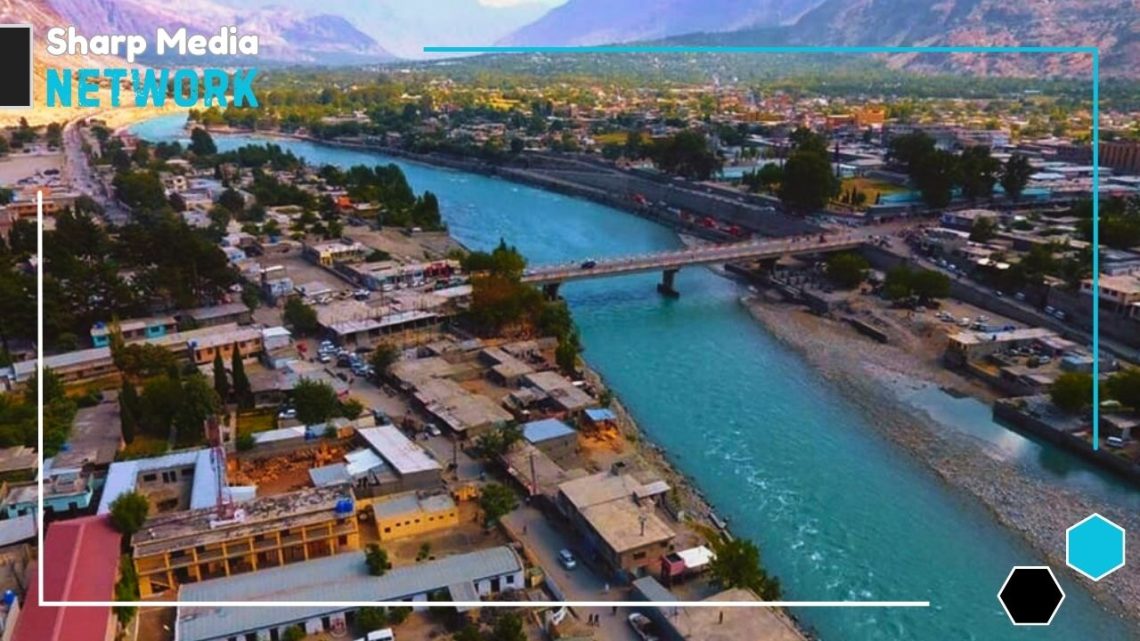
Pakistan Leads Gilgit-Baltistan’s Development with Strategic Initiatives
February 22, 2025Gilgit-Baltistan (GB) has long been a region of immense geographical and touristic significance. Since the 18th century, when British officers and international visitors explored its landscapes for research and strategic purposes, the region has steadily grown as a major tourism hub. Over time, adventure tourism flourished, drawing trekkers, climbers, and nature enthusiasts to its breathtaking mountain ranges, glaciers, and valleys.
The real tourism boom in GB began after 2013, with a significant increase in domestic and international tourists. This growth spurred large-scale investment in the hospitality sector, creating employment opportunities and boosting the local economy. By 2017, tourism was contributing approximately 300 million PKR annually to the regional economy, with expectations of continued growth in the coming years. Recognizing this potential, the government has been facilitating tourism-related development, improving infrastructure, and expanding facilities to accommodate the rising influx of visitors.
However, rapid and often unregulated development has posed environmental challenges. Some construction projects have taken place in ecologically sensitive areas such as riverbeds and near glaciers, leading to deforestation, water contamination, and urban congestion in key cities like Gilgit, Skardu, Karimabad, and Gahkuch. Climate change further exacerbates these issues, as GB, despite its minimal carbon footprint, is vulnerable to the emissions of neighboring countries, India and China. Increased tourism and unchecked expansion have triggered environmental concerns, including glacial retreat, rising temperatures, and land erosion, particularly in the Hindu Kush, Himalayas, and Karakoram ranges.
The government acknowledges the urgent need for sustainable tourism policies and regulatory measures to mitigate these challenges. Strengthening governance mechanisms, implementing environmental impact assessments, and ensuring community participation in policy formulation are vital steps toward balanced development. Additionally, there is a growing need to promote eco-friendly tourism by incorporating green building materials, regulating hospitality sector expansions, and imposing reasonable taxes to ensure that tourism revenues contribute to local economic well-being.
GB’s recognition by CNN Travel as a top global destination for 2025 further highlights its tourism potential. However, sustainable growth remains a priority to protect its fragile ecosystem. The government is committed to refining tourism policies, enforcing environmental safeguards, and fostering local awareness to ensure that development aligns with ecological preservation. By implementing robust policies and responsible tourism practices, Pakistan aims to secure a prosperous and sustainable future for Gilgit-Baltistan, ensuring long-term benefits for both its people and its natural heritage.

